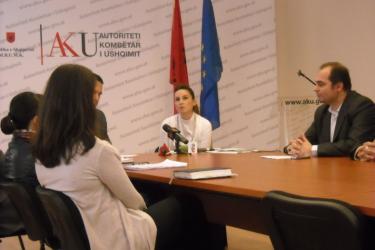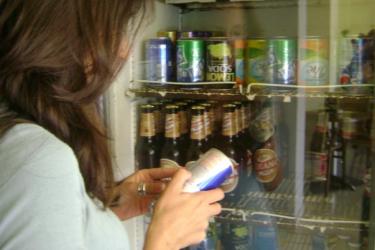AWHHE researched the damage done to the Lake Sevan basin area from the Sotq gold mine. AWHHE found that catastrophic destruction of the watershed (Lake Sevan and numerous rivers), which is of vital importance to the approximately 250,000 people living in the basin, is likely if the polluting activities of themine aren't stopped. Additionally, the gold mine crush activities contaminate the atmosphere with trace heavy metals, among them the radioactive thorium. AWHHE also collected and sent hair samples to an accredited laboratory for mercury analysis.



